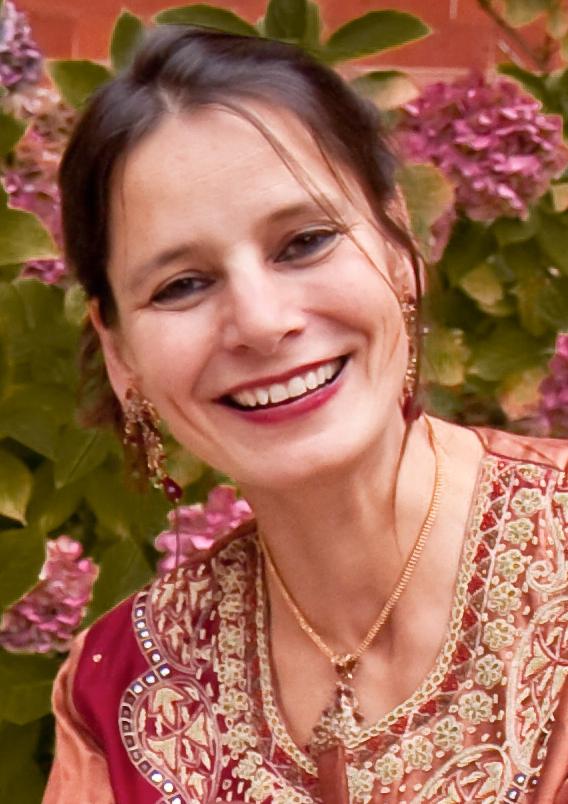
News
Summers Will Not Finish Semester of Teaching as Harvard Investigates Epstein Ties

News
Harvard College Students Report Favoring Divestment from Israel in HUA Survey

News
‘He Should Resign’: Harvard Undergrads Take Hard Line Against Summers Over Epstein Scandal

News
Harvard To Launch New Investigation Into Epstein’s Ties to Summers, Other University Affiliates

News
Harvard Students To Vote on Divestment From Israel in Inaugural HUA Election Survey
Portrait of an Artist: Xanthe Gresham

Storyteller Xanthe Gresham has been travelling the world and captivating audiences with her energetic, creative performances for almost 20 years. Her repertoire of stories spans a wide range of cultures and time periods, and she has performed everything from the “Epic of Gilgamesh,” one of the oldest surviving literary works, to her own contemporary storytelling pieces. Gresham will be performing selections from the Persian epic “The Shahnama” today at the Sackler Museum, and will also be conducting a storytelling workshop at Arts @ 29 Garden tomorrow.
The Harvard Crimson: Was storytelling, or listening to stories being told, a big part of your childhood?
Xanthe Gresham: I studied literature at Oxford, so I've always read. But yeah, strangely enough, I had quite a strong church upbringing, and I always had to listen to a lot of Bible stories. Sometimes I feel like I ended up doing what I hated as a child—telling stories and using a lot of religious material.
THC: What would you say are the key skills a good storyteller needs to have?
XG: A good storyteller has to like stories. They have to need stories. As a child I used to like certain stories that I read again and again, and novels, and when I was at school I used to memorize poetry on my long walk to school…. You need that passion as a storyteller. You need to love language and playing with language.
THC: How much do your performances evolve and differ from past renditions of the same story?
XG: It really will be a different experience each time. Some of the stories are quite fixed, but others I improvise quite a bit more. With stories for children, I do a lot more improvisation, because they are more involved with the story…. And you're reading the audience’s reactions all the time and adapting your story. It’s very much like a conversation.... The [size] of the audience makes a big difference. The energy of the performance gets bigger with a bigger audience. When it’s a smaller audience, it's more intimate and more conversational.
THC: You work with a lot of different storytelling cultures and stories from all over the world. Do you ever feel a cultural disconnect to a story because you aren't from that area? How do you overcome that disconnect?
XG: I do. I overcome it through reading the text and [through] research like looking at museum artifacts. If a story speaks to you in your heart—it sounds sappy—and you work hard, then you can overcome the cultural differences…. It’s interesting because I'm only just coming to the U.K. myths, although I’m from the U.K. I've got a commission to do something with the Arthurian cycle, maybe about Morgan le Faye, this July. It’s so odd, because I've never been interested in my own culture and I studied all these stories from other cultures, and I followed them, and they brought me home.
THC: What will you be doing in your upcoming workshop at Harvard?
XG: My workshop is basically a storytelling class. I'll be discussing the little pockets of stories I know well and my experience storytelling. Storytelling has been a job for me but also a process that has helped me to work through various things in my life. And I'll be talking about practical ways to tell a story. Storytelling works because it triggers images in people’s minds and you have to work to build the world of the story through words…. It helps to be brave in storytelling, so I always encourage students to tell it in their own way and make it their own.
Want to keep up with breaking news? Subscribe to our email newsletter.
